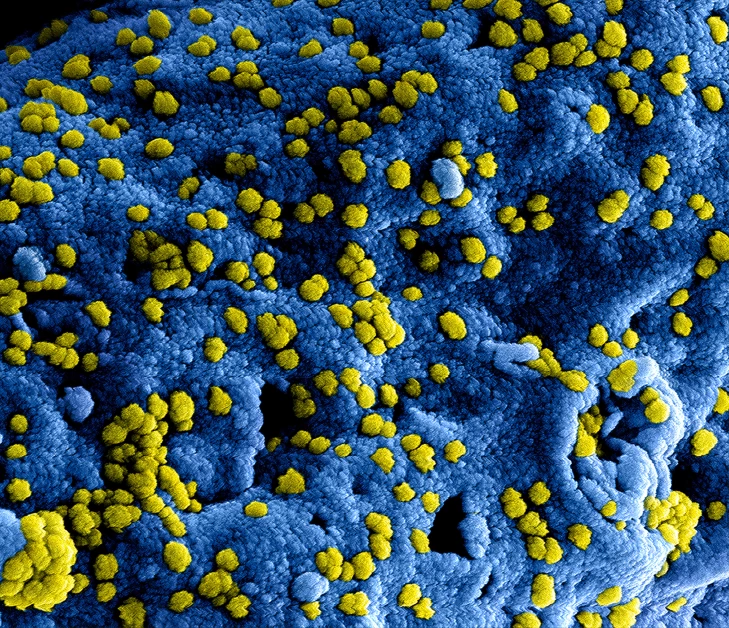Table of Contents
Manuka honey is a popular natural remedy for various health issues, but it can also cause allergic reactions in some individuals. In this blog post, we will explore the symptoms, causes, and treatment of manuka honey allergy.
Symptoms of Manuka Honey Allergy
The symptoms of manuka honey allergy can vary from person to person. Here are some common symptoms to look out for:
- Hives or rash: Allergic individuals may experience the development of hives or a rash on their skin after consuming manuka honey.
- Swelling of the face, lips, or tongue: Swelling in the facial area, including the face, lips, or tongue, can occur as a result of an allergic reaction.
- Itching or tingling in the mouth or throat: Some individuals may feel itching or tingling sensations in their mouth or throat after consuming manuka honey.
- Difficulty breathing: Allergic reactions can sometimes lead to difficulty in breathing, which can be a serious symptom that requires immediate medical attention.
- Abdominal pain or diarrhea: Digestive symptoms like abdominal pain or diarrhea may be experienced by individuals with manuka honey allergy.
If you experience any of these symptoms after consuming manuka honey, it is crucial to seek medical attention promptly.
Causes of Manuka Honey Allergy
Manuka honey allergy is caused by an allergic reaction to the proteins present in the honey. These proteins can trigger an immune response in certain individuals, leading to allergic symptoms. It is important to note that manuka honey allergy is different from a general honey allergy. While some people may be allergic to all types of honey, others may only be allergic to specific types like manuka honey.
Treatment of Manuka Honey Allergy
If you are diagnosed with manuka honey allergy, the most effective treatment is to avoid consuming manuka honey altogether. Additionally, your doctor may recommend the use of antihistamines or other medications to help manage your symptoms. It is essential to follow your doctor’s guidance and take any prescribed medications as directed.
Seeking Comprehensive Allergy Care at Nao Medical
At Nao Medical, we offer comprehensive allergy care to help individuals manage their allergies and improve their overall well-being. Our team of experienced healthcare providers specializes in diagnosing and treating various allergies, including manuka honey allergy. If you suspect that you have a manuka honey allergy or any other allergy, we encourage you to book an appointment with us today to learn more about your condition and receive appropriate treatment.
Conclusion
Manuka honey allergy can be a serious condition, but with the right treatment and avoidance of manuka honey, you can effectively manage your symptoms and improve your quality of life. If you experience symptoms after consuming manuka honey, it is important to seek medical attention immediately. At Nao Medical, we are dedicated to providing comprehensive allergy care to help you manage your allergies and achieve optimal health. Book an appointment with us today to learn more about your allergy and find effective treatment options.
FAQs
What is manuka honey?
Manuka honey is a type of honey produced by bees that pollinate the manuka bush, which is native to New Zealand. It is known for its antibacterial properties and is often used as a natural remedy for various health issues.
Can you be allergic to manuka honey?
Yes, some individuals can be allergic to manuka honey. Manuka honey allergy is caused by an allergic reaction to the proteins present in the honey.
What are the symptoms of manuka honey allergy?
The symptoms of manuka honey allergy can vary, but common symptoms include hives or rash, swelling of the face, lips, or tongue, itching or tingling in the mouth or throat, difficulty breathing, and abdominal pain or diarrhea.
How is manuka honey allergy treated?
The best approach to managing manuka honey allergy is to avoid consuming manuka honey completely. Your doctor may also prescribe antihistamines or other medications to help alleviate your symptoms.
Sources: [https://aboutmanukahoney.com]


